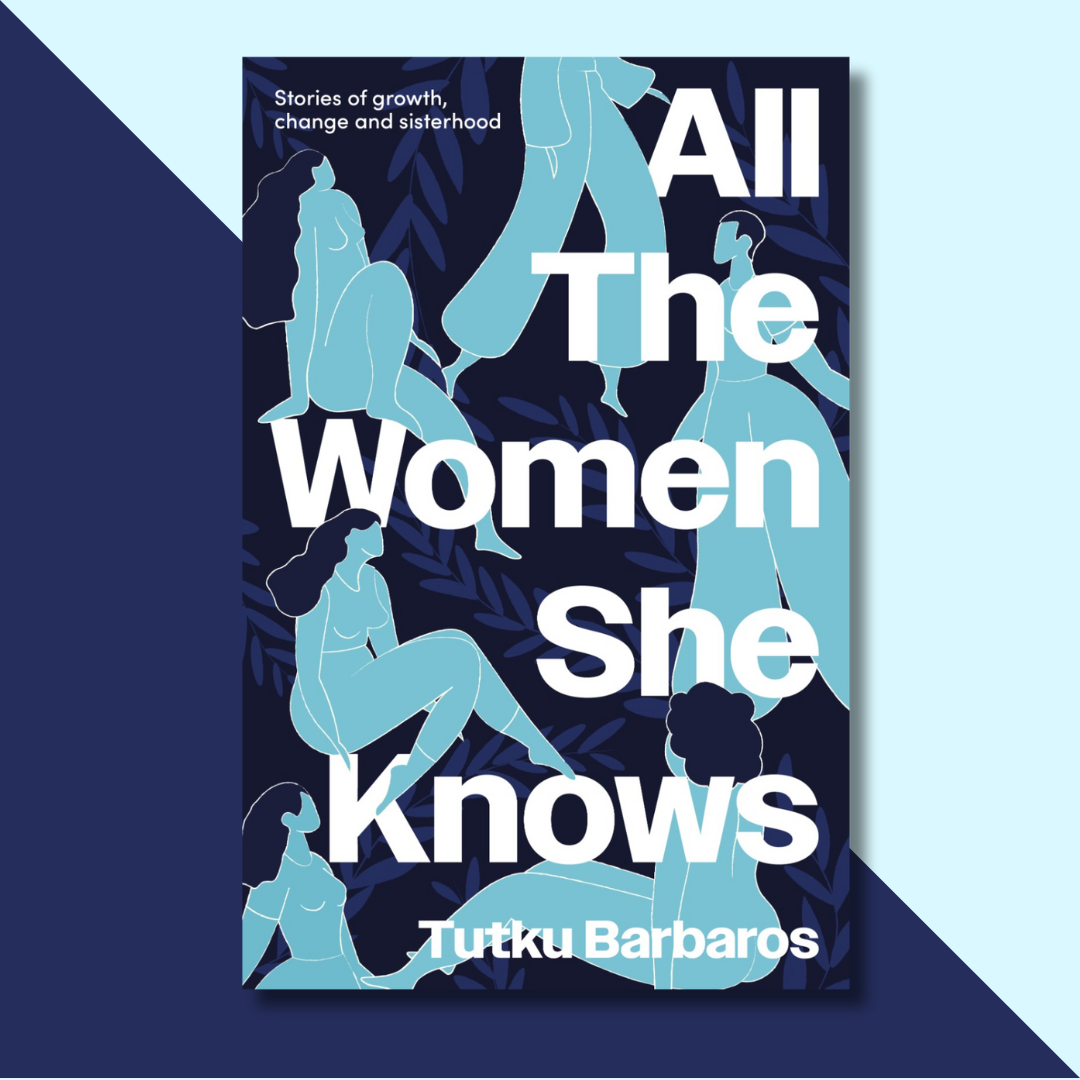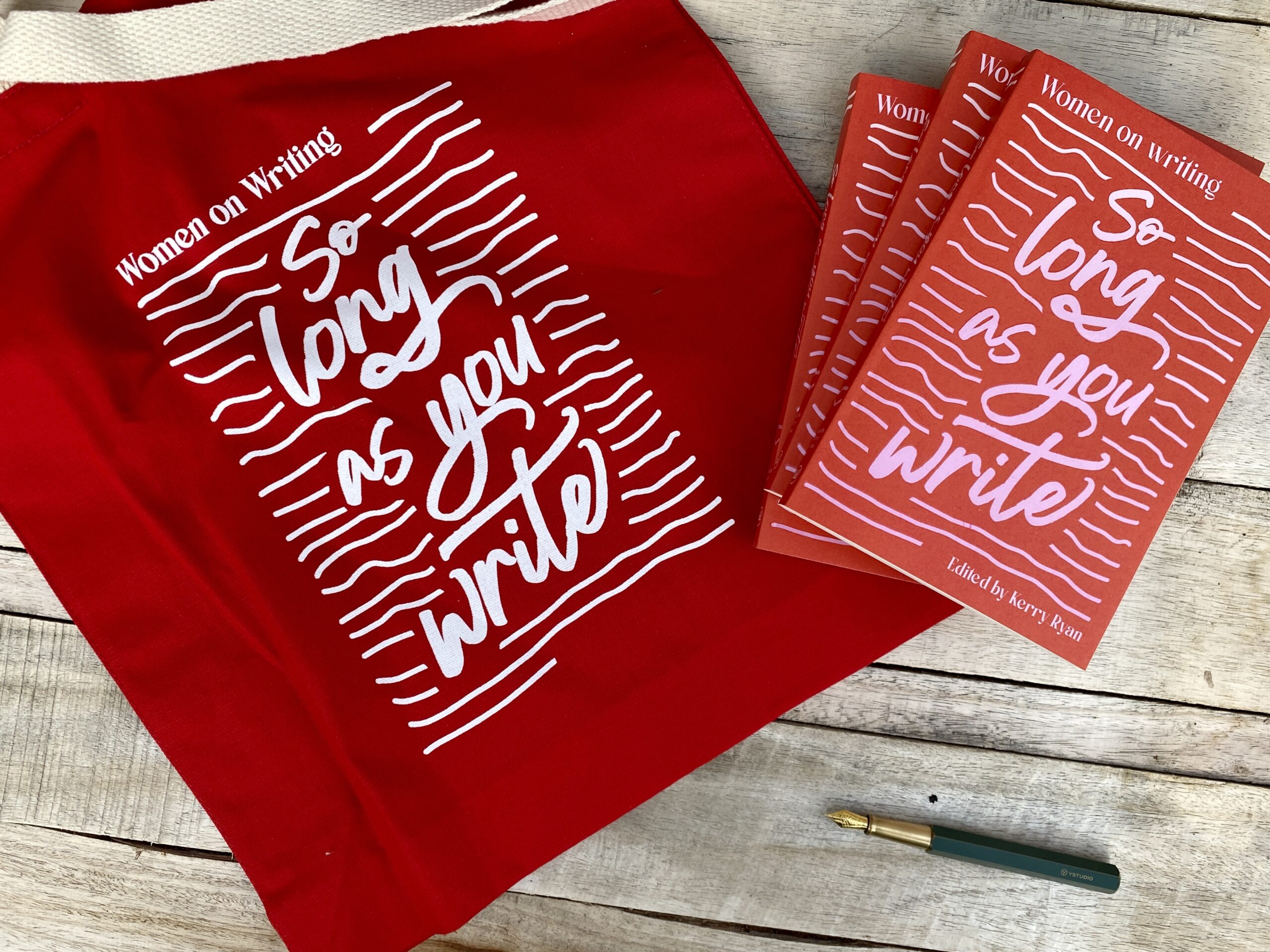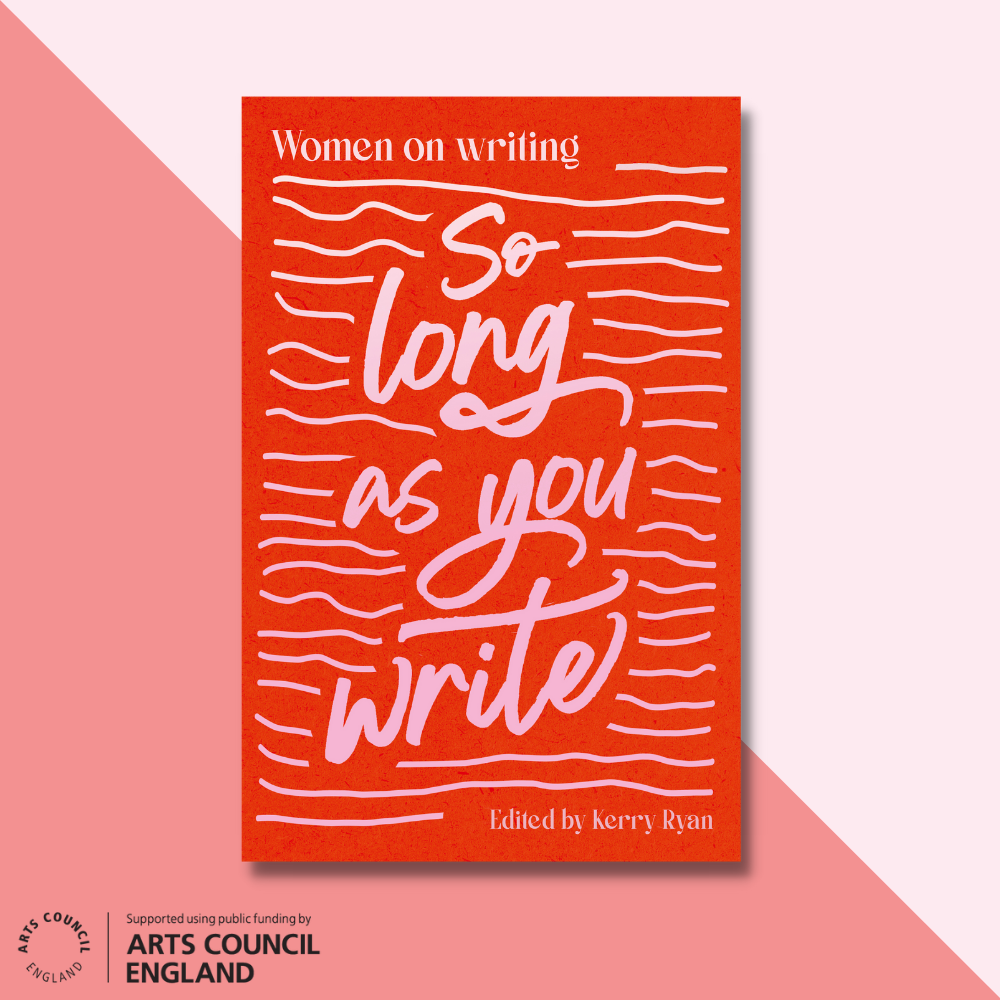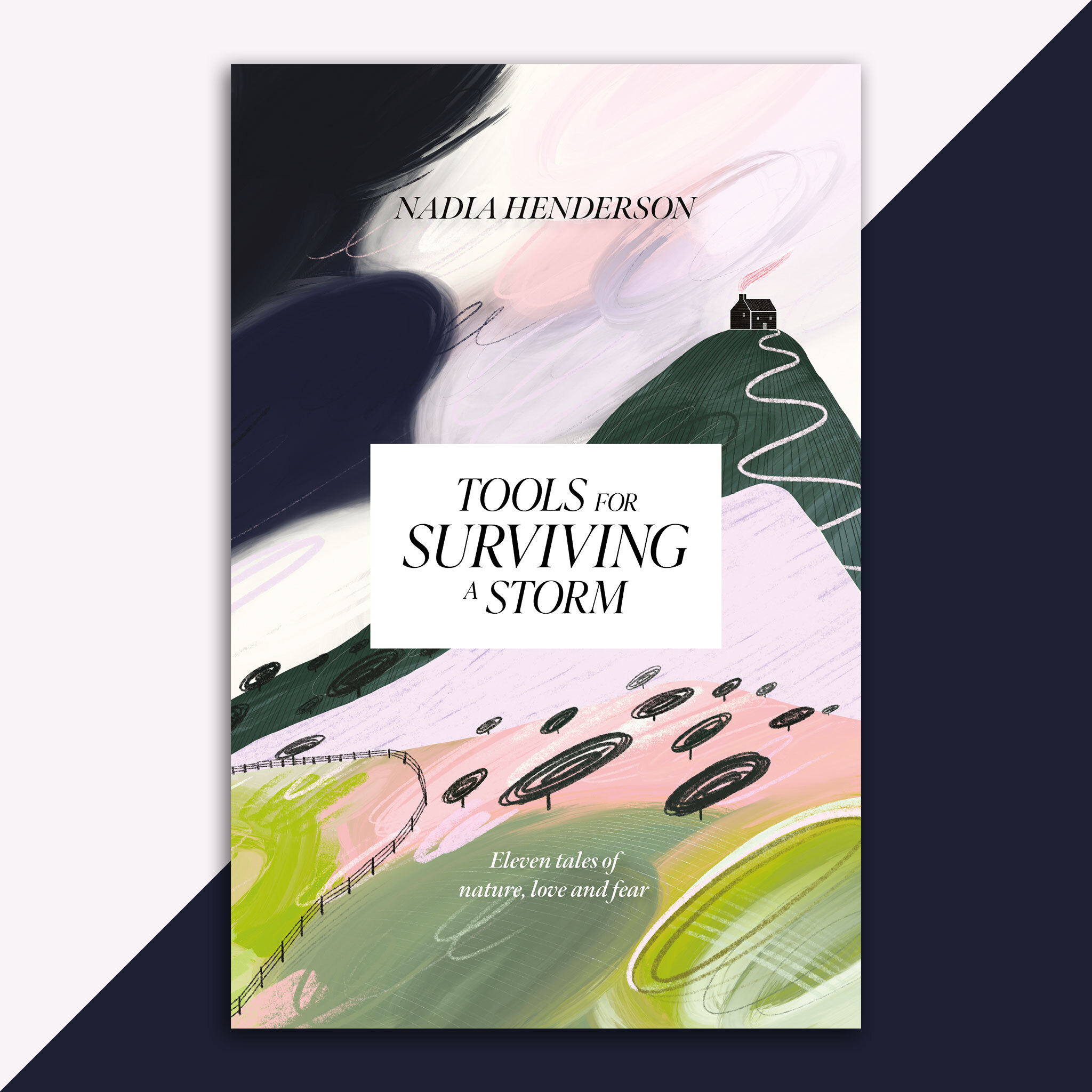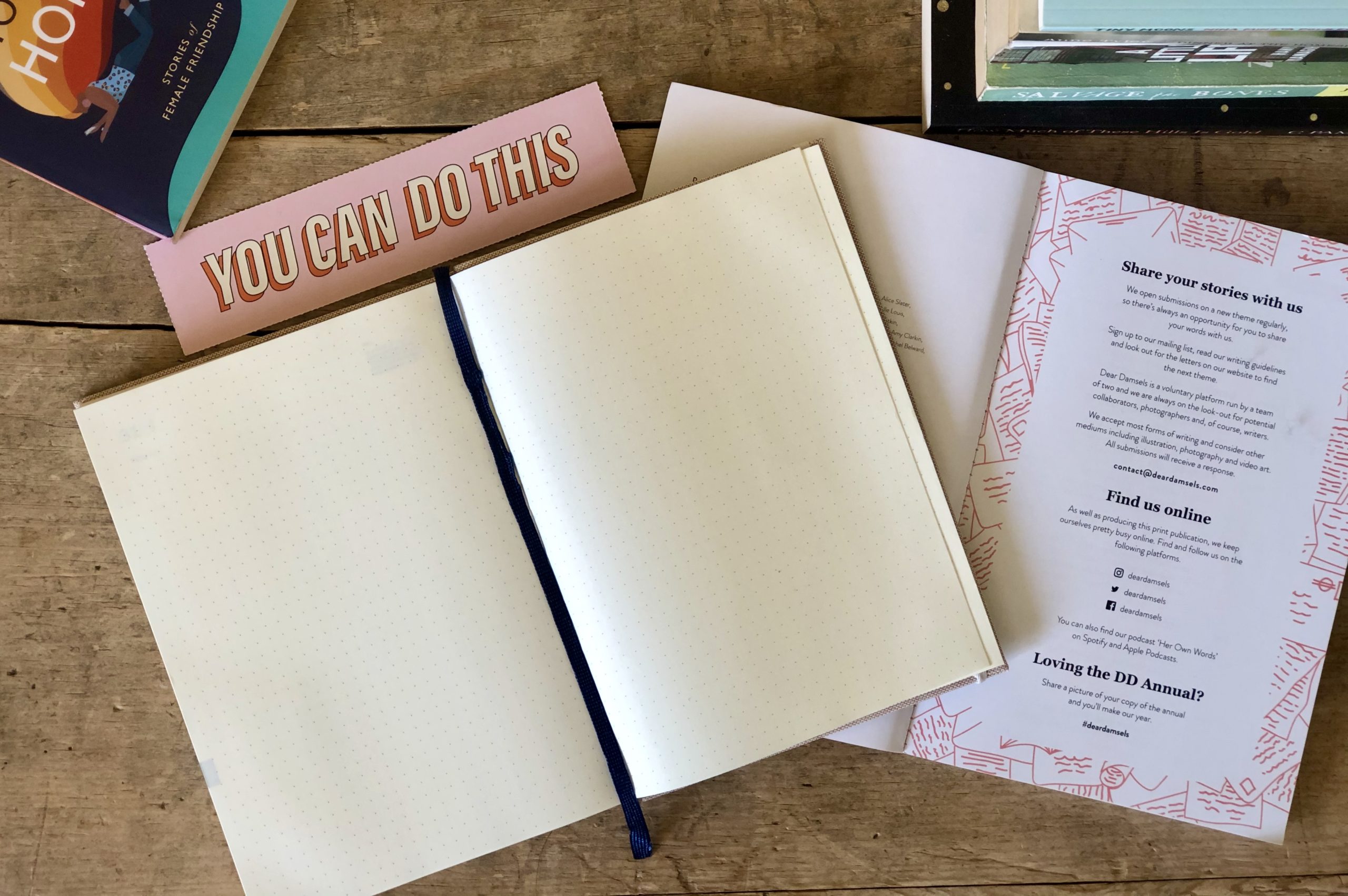CORRIDORS | Kate Oliver writes about hospital routines, and the painful strangeness of shifting responsibilities.
by Kate Oliver
The rough, off-white sheet is muffled around your face and I can’t quite see your eyes. The doctor comes to sit next to me and I think he looks impossibly normal for someone who has saved your life. He explains to me that there might some swelling – that you won’t look ‘quite right’, but I know you’ll never seem right to me again anyway.
I’m nervous. You’re quiet for the first time in months. No howling sobs that shake the walls, or half-birthed screams. You’re wounded and your body is fighting harder than ever, but on the surface you look peaceful. A rest is all you need. Deep down it’s what I’ve wished for you every day, and as I start to sift through the useless items we’ve brought for you in our shared game of let’s pretend, I play a cruel game and dare myself to say I wouldn’t have gifted you silence forever, if it was under my control.
The beeps bring me back. Those monotonous, never-ending, terror-inducing beeps. The oxygen is a bit low. They’ll keep an eye on it. I’ve been keeping ‘an eye on it’ for two years I say, because I have to speak. I have to let my words bounce around these walls and settle somewhere. It is the first time I have spoken in two hours and I am terrified by the sound of it.
I felt we had some sort of protection in the first room – but soon we find ourselves thrust in to the harsh light of Ward Four. Eight flights of stairs. Breathing space. That first night I leave you and step back into my childhood home, I realise that everything has changed and I ache for you. I daren’t open the cupboards in case more of your secrets fall out.
It turns out I have watched you be beaten in a game I didn’t even know you were playing.
You are not gracious in defeat though. Those next four days are spent in limbo. It is forty-two footsteps to your room from the ward door if I go past Jean and Bev, and forty-eight if I treat myself to a view of the nurses’ bay. They are surrounded by cards and flowers from grateful friends and family. So far, all I can wonder is where they put cards from the people who didn’t get a happy ending. And why people always buy the same box of chocolates.
“They don’t speak to me because I am not the story, except I think I can tell it better than you. Perhaps this is why I want to tell it now.”
I start to realise I’ve had the same conversation for seventy-two hours in a row. I’ve played out the different versions in my head but the answers from the real people are always the same. I’ve made seventeen phone calls, and I’ve counted that there are 143 roof tiles on the building opposite. I think about how I will never forget these numbers and I cry. I cry till I cannot swallow and my eyes burn from the tiredness.
These fucking corridors.
Downstairs in the hospital foyer, there are two big Christmas trees. I stare at them on my ‘breaks’ in morbid curiosity. This time last year, I was probably worrying about how I’d get the seriously impractical presents I had bought in London back home. Now I’m wondering if I’ll ever look forward to December again.
We develop a little routine, though you don’t know it. Everything is terrifying for you and your weary eyes search me constantly for answers, reassurance, relief. If you have never had to look into the face of a person you love and tell them, with your hands cupped gently around their sunken cheeks, that they are worth occupying a small but mighty place on this wonderful planet, it is difficult to imagine how much of yourself you can pour away. How much of your energy and interest and belief you can muster for the person in front of you.
We do crosswords, and agree to get to six questions each before we have to move on. We aim for six forkfuls of dinner. Six cups of water. Six laps of the room.
I flip between a quiet rumble that we will be okay, and a debilitating fear that this is our new baseline. We will never get past existing again, and you will be gone forever. I eventually decide to eat something, just in case the former is true.
In the next forty-eight hours, we see so many women who have names like Linda and Jane. They all seem to frown in the same way, full of pity and self-righteousness. They don’t speak to me because I am not the story, except I think I can tell it better than you. Perhaps this is why I want to tell it now.
I want to start telling it so I can stop being scared of the forty-two steps, of the beeps that I hear in the shower, and the needle-sharp white of the ward peering round every corner. So I can take my hands from your face and let you wriggle free from these memories.
So that every morning, I don’t wake thinking of six.
Kate Oliver | @KaoliverOliver
Kate Oliver is a less young woman living in north London, but constantly pining for the actual North. She works in the NGO sector on international affairs, and is slowly trying to commit more time to writing. She can be found commenting on mostly everything at @KaoliverOliver.
